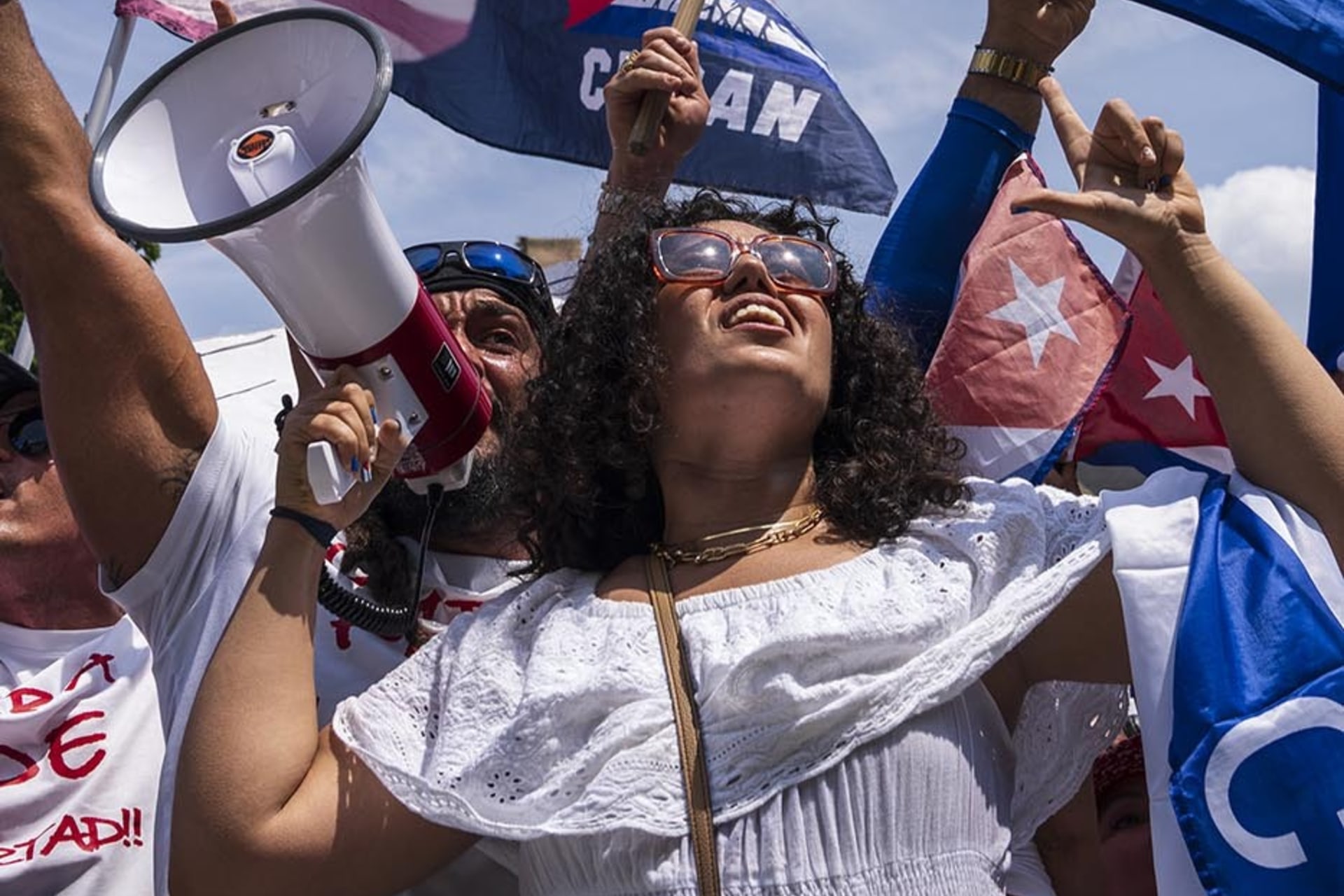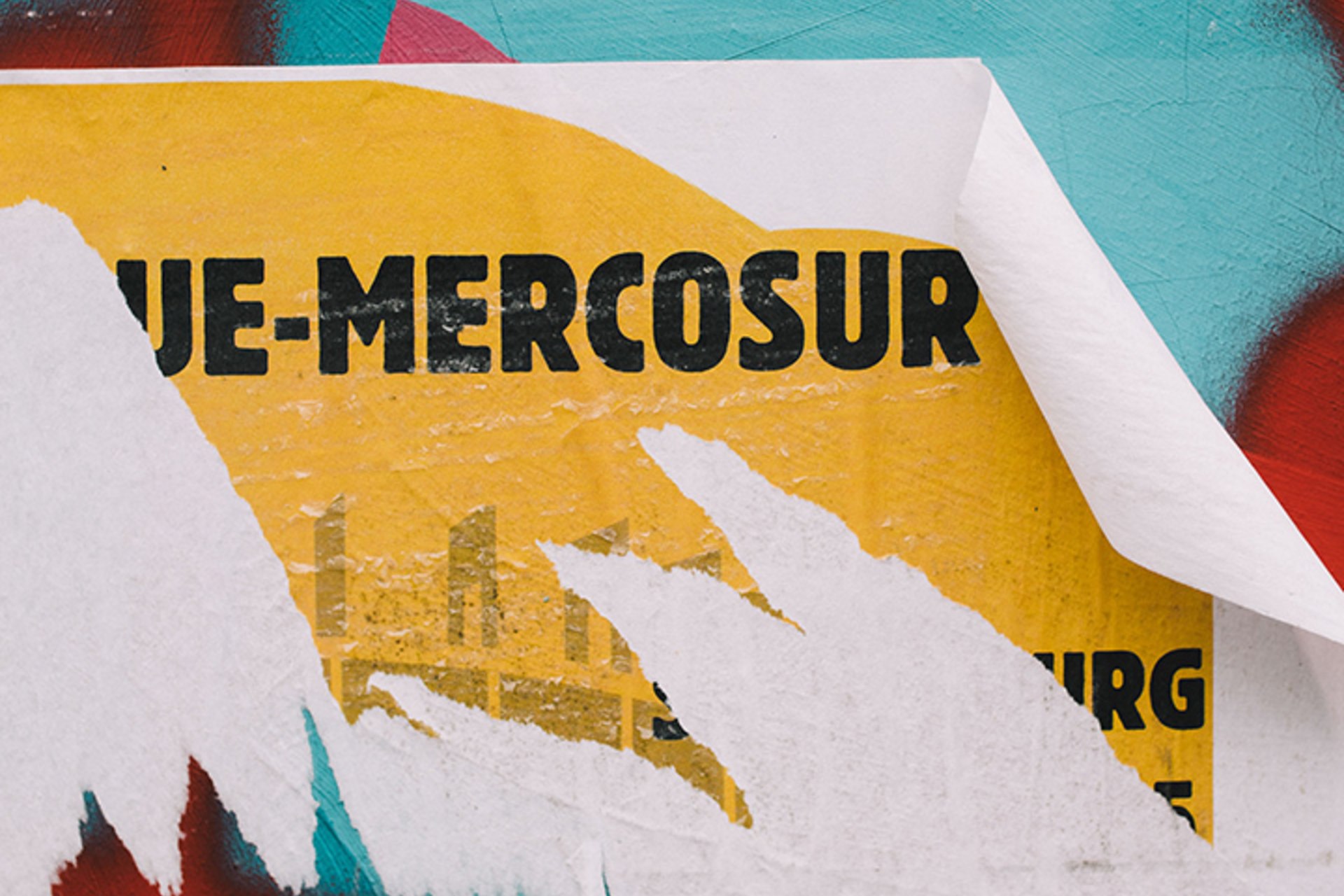Kach, Kahane Chai (Israel, extremists)
Published
Updated
This publication is now archived.
Introduction
Kach is a hard-line Israeli militant group that advocates for the expulsion of Arabs from the biblical lands of Israel. The U.S. State Department listed it as a terrorist organization in 1994. Kach, as well as the splinter group Kahane Chai, condones violence as a viable method for establishing a religiously homogenous state. The group has not staged a large terrorist attack since 1994, although people affiliated with the groups have been arrested for “low-level attacks” since 2000, according to the State Department’s 2006 Country Report. In 2006 a U.S. Federal Court upheld that Kach was rightly listed as a terrorist organization in an appeal.
What are Kach and Kahane Chai?
Kach and Kahane Chai are two marginal, extremist Israeli groups that have used terrorism to pursue their goals of expanding Jewish rule across the West Bank and expelling the Palestinians. Both groups grew out of the anti-Arab teachings of Rabbi Meir Kahane, a U.S.-born extremist who founded and led Kach (its name means “thus” in Hebrew) until he was assassinated in New York in 1990. Israel outlawed Kach and its offshoot Kahane Chai (“Kahane Lives”) in 1994, a month after a Kach supporter shot and killed twenty-nine Muslim worshippers at a West Bank mosque. The leader of Kahane Chai, Meir Kahane’s son, Binyamin, was killed along with his wife by Palestinian militants in a drive-by shooting in the West Bank in December 2000.
Experts say Kahanist leaders in Israel have steered clear of terrorism recently in hopes of getting Israel to lift the ban on the two groups, but Israeli authorities continue to regard Jewish extremists as a potential terrorist threat. The State Department lists Kach and Kahane Chai as foreign terrorist organizations.
Who was Meir Kahane?
Martin David Kahane was born in 1932 in Brooklyn, New York. As a teenager, he joined Betar, a quasi-military youth group affiliated with the Revisionist Zionist movement, which sought a Jewish state in all of British-ruled Palestine. In 1968, Kahane, who trained as a lawyer and rabbi, formed the Jewish Defense League (JDL), a militant group that promoted Jewish vigilantism and urged American Jews to arm themselves under the slogan “every Jew a .22.” Putatively organized to combat African-American anti-Semitism, the JDL went on to target the offices and representatives of Soviet-bloc nations, the Palestine Liberation Organization (PLO), Arab states, and Jewish organizations it saw as moderate.
What terrorist attacks have been associated with Kach and Kahane Chai?
In 2005 a nineteen-year-old Israeli Army soldier affiliated with Kahane Chai deserted his unit, later opening fire on a bus killing four Arab-Israelis. But the deadliest attack by the groups came in February 1994, shortly after the signing of the Oslo Accords between Israel and the PLO. Baruch Goldstein, a Brooklyn-born doctor and Kach supporter, opened fire with a machine gun inside the Ibrahimi Mosque in Hebron. He killed twenty-nine people and wounded dozens more before he himself was killed. Goldstein chose to attack at a particularly sensitive religious site; the mosque is built atop the Cave of the Patriarchs, where, according to both Jewish and Muslim traditions, the prophet Abraham and his family are buried.
The Machteret—a 1980s Jewish underground terror group with links to Kach—staged several attacks, including an unsuccessful May 1980 campaign to kill several Palestinian mayors, before being broken up. Israeli authorities also foiled the Machteret’s plans to blow up Jerusalem’s al-Aqsa Mosque, which is built atop the contested holy site known by Muslims as the Noble Sanctuary and by Jews as the Temple Mount. Destroying the mosque, experts say, could provoke a massive Middle Eastern conflict.
How big are Kach and Kahane Chai?
The State Department says that the strength of Kach and Kahane Chai is unknown but some reports say that the groups have an overlapping core membership of fewer than 100 members. The groups receive funds from supporters in the United States and Europe.
Where do Kach and Kahane Chai operate?
They operate primarily in Israel and the West Bank, although members protested—threatening violence—at the announcement of Ariel Sharon’s plan to disengage Gaza settlements. The 2006 Country Report lists the West Bank settlements—Kiryat Arba, near Hebron, and Kfar Tapuach—as primary areas of Kahanist support.
Have Kach and Kahane Chai been active in the current Israeli-Palestinian violence?
Kach has been suspected of a number of low-level attacks since 2000, according to the State Department. But the extent of their involvement is unclear. Neither group has claimed responsibility for any of the anti-Arab bomb plots or the more common roadside shootings of Palestinians by Israeli extremists. Nor have Israeli authorities yet proved any Kach or Kahane Chai connection to these attacks. In April 2002, Israeli police arrested a former Kach spokesman in connection with an attempt to leave an explosive-packed trailer outside a Palestinian girls school and hospital in East Jerusalem, but experts say the plot was arranged by individuals affiliated with another Jewish extremist group that is not affiliated with Kach or Kahane Chai.t






